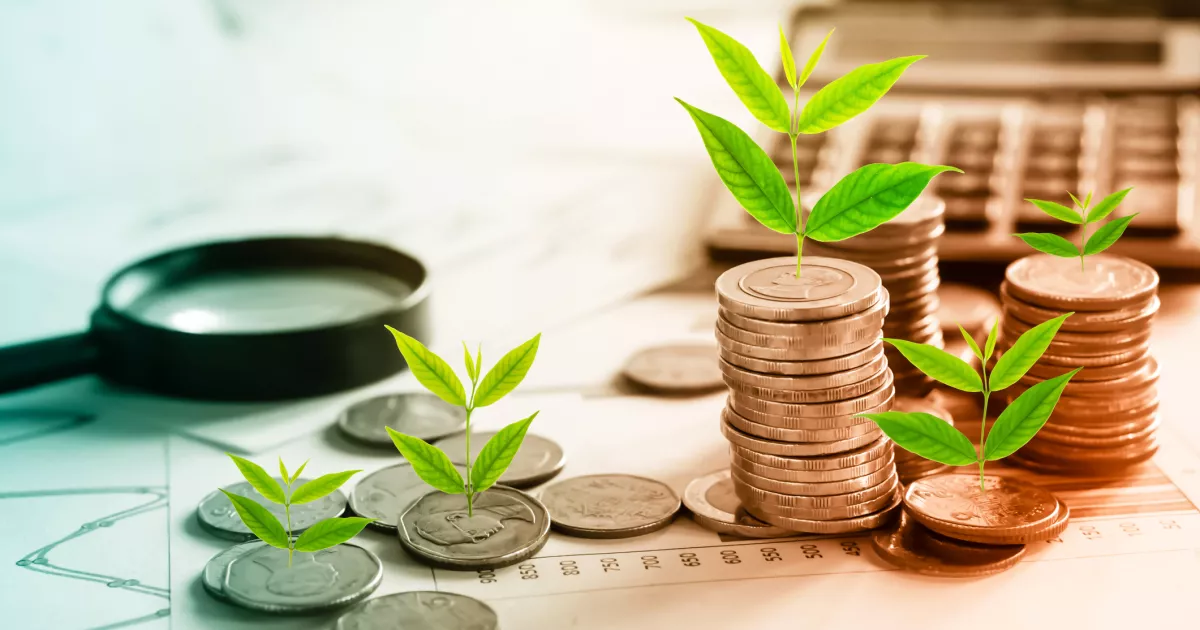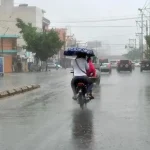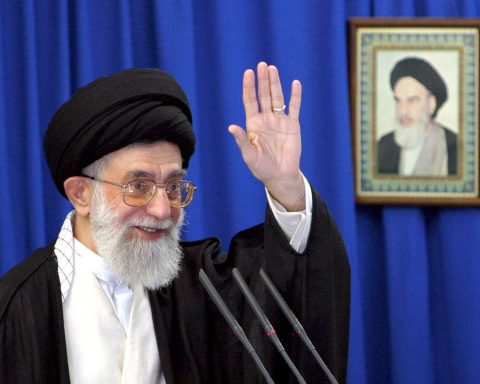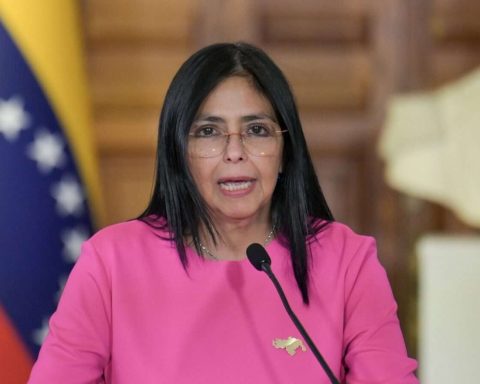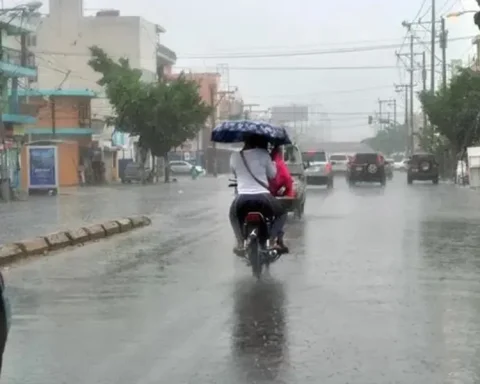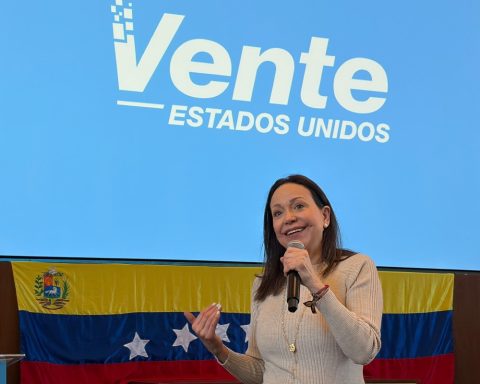Green taxes or environmental They are charges that the State makes to companies and consumers for the effects they generate in the environment, after producing or using some consumer good or service, and that have the objective of avoiding the excessive use of natural resources.
Baja California, Campeche, Coahuila, the State of Mexico, Nuevo León, Oaxaca, Querétaro, Quintana Roo, Tamaulipas, Yucatán and Zacatecas became the pioneer states in applying green taxes in the country in 2022. Mexico City is the only one if we talk about environmental tax incentives, an instrument that seeks to reward –with tax credits, quick deductions or tax discounts, such as ISR– the use of technologies to save energy or water, the use of recycled materials, the production and/or use of renewable energy or the construction of energetically sustainable buildings, green roofs and rainwater collection systems, among others.
Learn more about climate change in our January special:
As happens in the country, globally, there are differences in progress. The United States is very effective in providing incentives to companies with investments in ESG (environmental, social and governance, or ESG) matters, while in Latin America, Colombia and Peru have barely begun discussions to integrate the laws on consumption and CO2 emissions. “There is still nothing formal,” says Fernando Escamilla, a Business Tax Advisory partner at EY Mexico.
what are the brakes
Although it is early to have a quantification of the collection or of the lessened effects of green taxes, the design and its application in 11 of the 32 states is an advance that encourages more entities, although federal and state legislations still need to be integrated into a same instrument, explains the specialist.
For this reason, it is important that companies carry out a detailed analysis of their supply chain, that they review what type of activities they have declared, their resources, inventories and suppliers in their Single Environmental License, which is federal and state. “If these records are updated, it will be much easier for them to access local laws and understand what taxes they are subject to”, in addition, metrics can be established for their collection and the collection is sized, Escamilla details.
The different legislations also represent brakes for its application. Ricardo Cantú, deputy director of Operations and Institutional Strengthening of the Center for Economic and Budgetary Research (CIEP), points out that “there is a lack of coordination at the national level”, since there are instruments that contradict each other.
For example, while the General Circular Economy Law paved the way for the application of green taxes at the state level, the Hydrocarbon Revenue Law stipulates that hydrocarbon-producing entities will not apply or maintain local or municipal taxes focused on the protection, preservation or restoration of the ecological balance, or the protection and control of the environment, which affect the activities of exploration and extraction of hydrocarbons, says Cantú.
